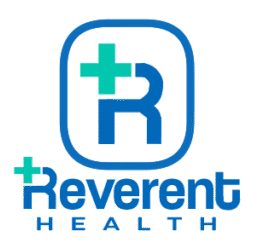Depression presents itself in many forms, one of which is Persistent Depressive Disorder. This condition may not feel as intense as major depressive episodes but can deeply affect motivation, relationships, and overall quality of life. Individuals dealing with Persistent Depressive Disorder or dysthymia require judgment-free support to help them manage their ongoing symptoms.

What is Persistent Depressive Disorder or Dysthymia?
Persistent Depressive Disorder, also called dysthymia, is a chronic type of depression often with symptoms that feel less severe than major depression but are more enduring, usually lasting at least two years.
Symptoms of Dysthymia/Persistent Depressive Disorder
- Low mood or sadness on most days
- Loss of interest in usual daily activities
- Low self-esteem or feelings of inadequacy
- Fatigue or low energy
- Difficulty concentrating or making decisions
- Hopelessness about the future
Risk factors for dysthymia may include family history of depression, traumatic experiences, or co-occurring conditions like anxiety.
General Treatment Methods for Persistent Depressive Disorder
- Treatment for Medication (e.g., antidepressants) for symptom relief.
- Supportive or cognitive-based therapies for practical coping skills.
- Lifestyle changes such as sleep regulation, physical activity, and nutrition.
How Reverent Health Psychiatry Handles Bipolar Disorder Treatment
At Reverent Health Psychiatry, we integrate these options through online care, making it easier to stick with a plan that works for you.
Through telehealth, we provide:
- Personalized medication management to target ongoing symptoms
- Brief supportive therapy to develop coping strategies and build resilience
- Collaborative care planning where your voice is central in decision-making
- Referrals for full therapy if in-depth therapy support is needed
Our compassionate, trauma-informed, and culturally sensitive care model ensures that you feel understood and supported throughout treatment.
Learn more about our approaches here.
FAQs about Persistent Depressive Disorder/Dysthymia
- How is dysthymia different from major depression?
Dysthymia is a chronic, lower-level depression that lasts for years, while major depressive disorder tends to occur in more severe episodes.
- Can someone have dysthymia and major depression at the same time?
Yes. Such a situation is called double depression. During double depression, a person with dysthymia experiences periods of more severe major depression in addition to their chronic low mood.
- Is dysthymia genetic?
While there is often a genetic component, environmental stressors, trauma, and brain chemistry also play a role in triggering dysthymia.
- Can I get medication for dysthymia online?
Yes, licensed providers at Reverent Health Psychiatry can help prescribe and manage medications through secure telehealth sessions in New York and Tennessee.
- How long does treatment take?
Improvement in dysthymia symptoms may take time but with consistent treatment, many patients experience gradual, meaningful progress in mood and functioning.
- What happens if dysthymia is left untreated?
Lack of proper care can increase the risk of developing major depression. It may also result in physical health problems related to chronic stress.
Take the first step toward relief and hope today.
Schedule your online appointment with Reverent Health Psychiatry.

